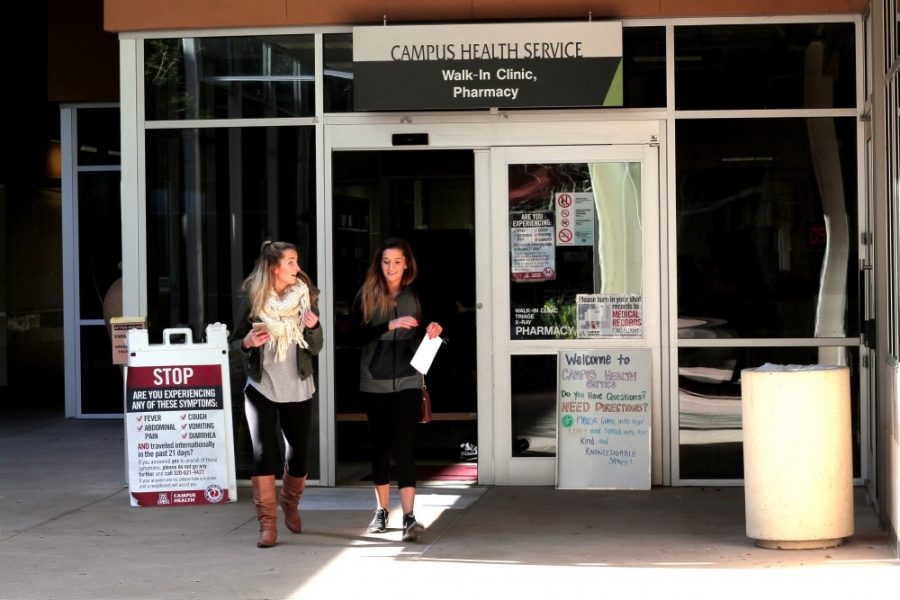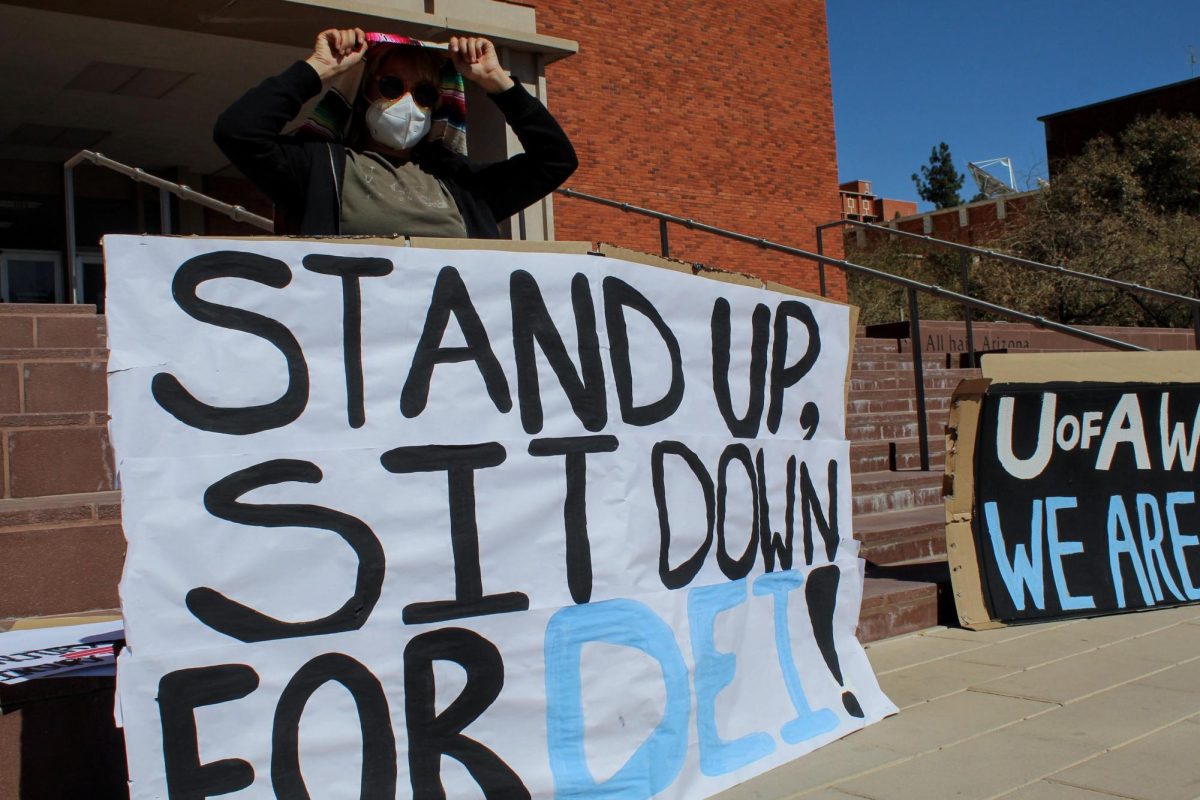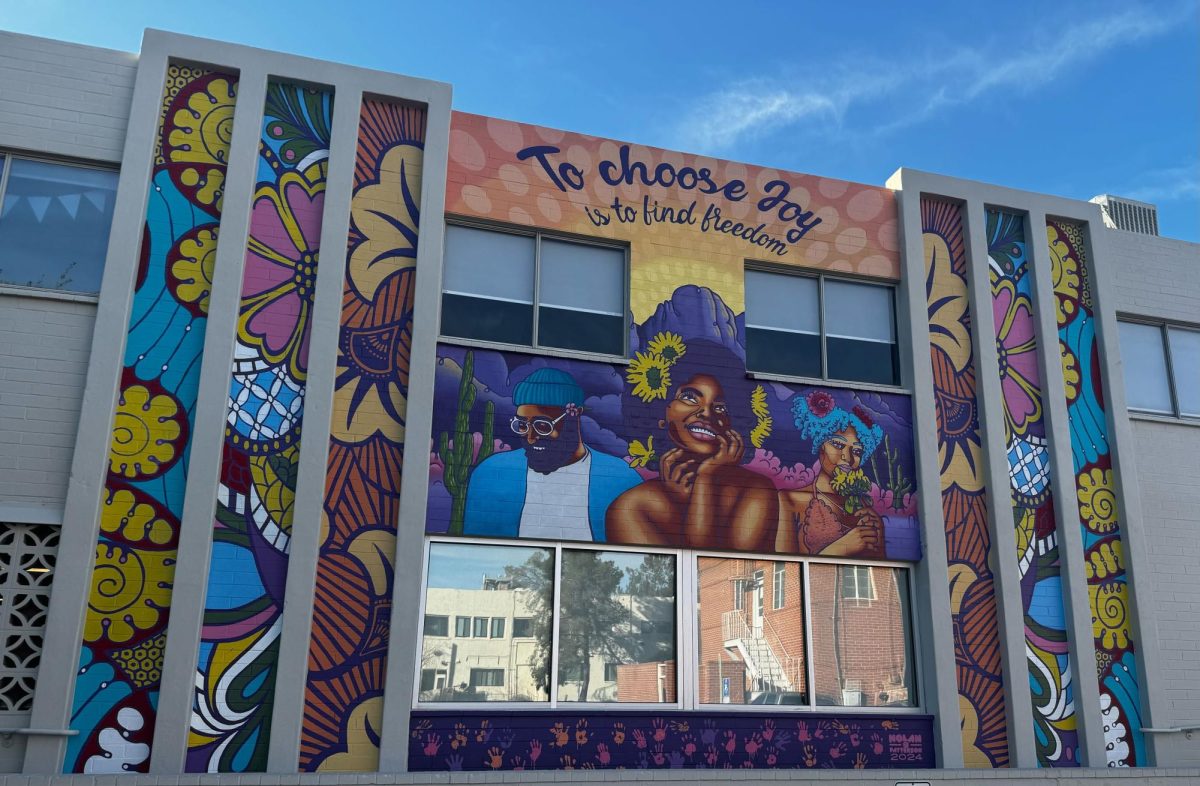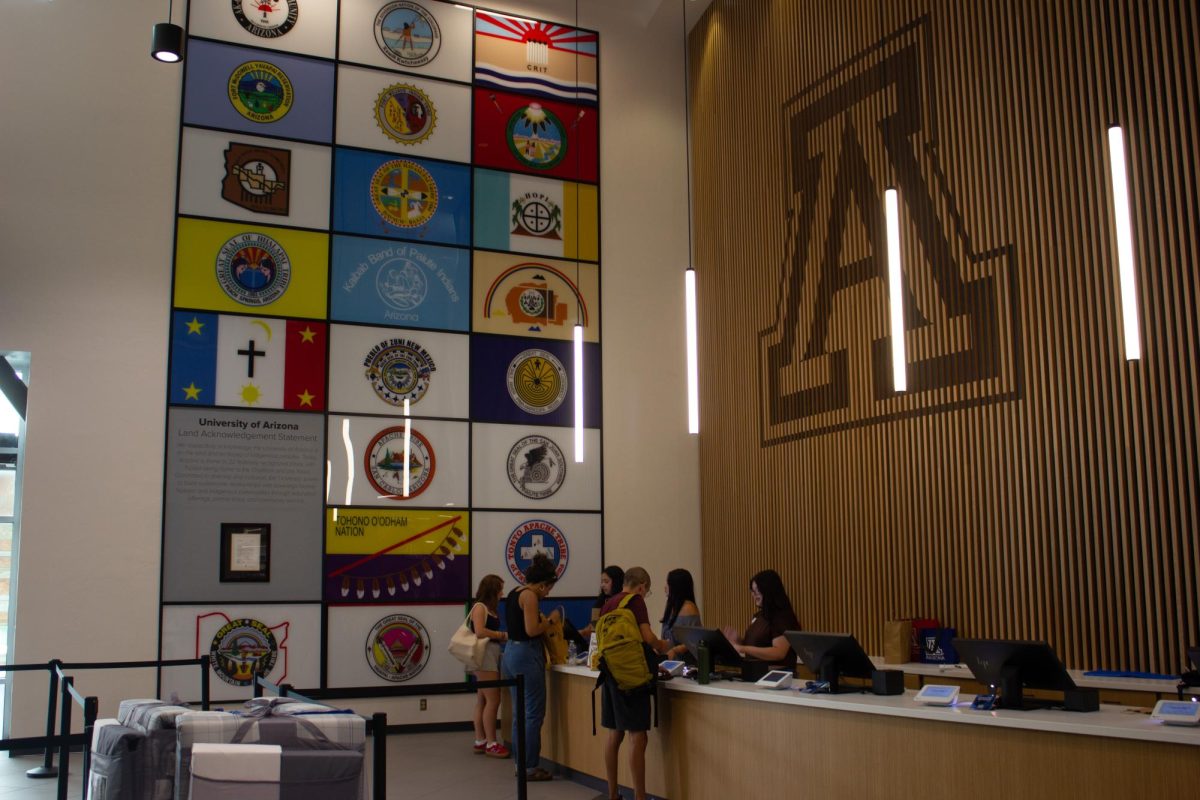Health care in Tucson is on the other side of the greener pastures. However first-time users of campus sports medicine or the walk-in clinic find their needs met by Campus Health Service, from emergencies to just getting Emergen-C.
Tucson was a part of a study conducted to rate the largest cities in the country on their degree of health care coverage. CityHealth, a project from the de Beaumont Foundation gave Tucson a “poor quality” rating, receiving no medals. A poor rating is decided when the city has three or fewer medals in nine areas of policies of healthcare lined out by the initiatives qualifications.
Other large cities in Arizona include Phoenix and Mesa who both received poor ratings. Tucson received poor marks in seven of the nine areas of policies that the CityHealth initiative lined out. Tucson received a bronze medal for paid sick leave and a gold in clean indoor air.
While Tucson has good laws to protect from secondhand smoke and paid sick leave, the city has a long way to go to cover the needs of everyone in the community.
Tucson lacks in areas of tobacco and alcohol control, food and safety and restaurant inspection, pre-kindergarten accessibility, healthy food production and the opportunity for individuals to have complete street access.
However, the UA has initiatives to implement better health care such as taking major health insurance providers in-state and having their own individual plans offered through Campus Health. Campus Health offers health insurance at nearly year-round coverage for both spring and fall and even summer sessions at various premiums.
RELATED: CAPS offers UA students mental health resources
Kenny Boyer, a criminal justice senior, used Campus Health Service for the first time last week.
“I got a stress fracture in my ankle and this was the closest place on campus for me to be treated,” Boyer said. “I can tell you coming here was a lot more convenient than waiting in a hospital.”
The plan is underwritten by Aetna Life Insurance Company and is available to any UA student. With these insurance plans, students can see physicians on campus including co-pays at rates from $0 to $25, which vary depending on the service. Other insurances from in-state are accepted, and even without insurance it can be billed to a student’s bursar’s account.
“I’ve been sick for like two weeks so I came in and they gave me what I need,” said Jasmine Sandoval a care, health and society freshman. “I bursar whatever I need because my family’s coverage only covers me back home in California.”
Campus health care includes a walk-in clinic and pharmacy, counseling and psychiatric services, sports medicine and a complete physician area. Students can visit these services without health insurance and pay out-of-pocket, use the UA health plan or use their own private insurance.
Students can find what they need in the walk-in pharmacy and Campus Health, from teeth whitening strips to Advil, and if need be, a refill on prescriptions for an inhaler. Students can also get shots for a variety of reasons, from measles to travel vaccines to tetanus shots.
RELATED: ASUA joins Pac-12 in conference wide Meningitis B vaccination awareness campaign
Another first-timer, Brooke Leavitt, animal sciences junior, used the services for shots needed for her major.
“I found it convenient that there is somewhere students can access healthcare and this place feels like home,” she said. “You walk over and they’re so friendly when other offices can seem so unapproachable and cold.”
However, there are some limitations and exclusions to this health care policy, such as expenses that are incurred when a person or individual is acting beyond the scope of legal authority.
Despite only taking a small amount of health insurance providers in Arizona, and not taking a large amount of out-of-state health insurance, students still find themselves going to Campus Health for their everyday illness and even their more physician-oriented visits such as getting your blood drawn. Students find the staff to be courteous and feel more like family.
“I wouldn’t be able to get any better without having a place on campus to come to and have them help me and tell me what I need to be doing to get better,” Sandoval said. “If it wasn’t here, I wouldn’t be here I would just be at home being sick, so I’m thankful for the UA having Campus Health.”
Follow David Pujol on Twitter.









